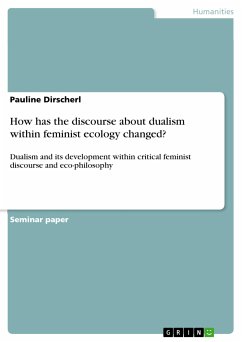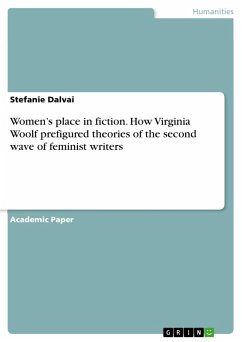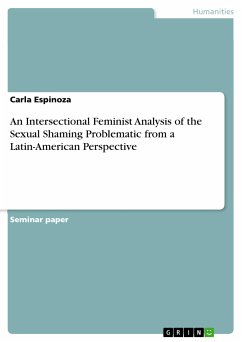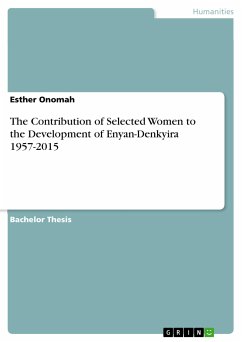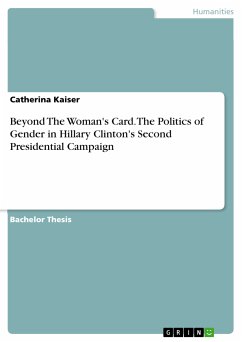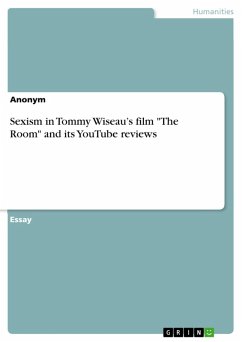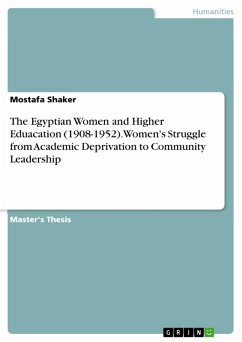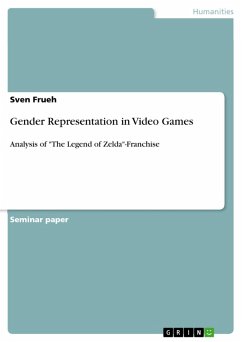Seminar paper from the year 2020 in the subject Gender Studies, grade: 1,7, Humboldt-University of Berlin, course: Feminist Political Ecology, language: English, abstract: How has the discourse about dualism within feminist ecology changed from the beginning of the first ecofeminist movement? How can the perception of dualism be transformed from an exclusive hierarchical one to one that recognizes the mutual dependency and relationality of the distinctive orders? The intent of this paper is to give a brief insight in the history of dualism and its development within critical feminist discourse and eco-philosophy while it focuses on gender relations, demarcating from the impacts on nature which would require further examination. The first part of my research paper delineates the history of contrasting traditional dualisms like the reason/nature dualism, unfolds the effects and features of an exclusive system like this and explains what concept of the human is undermining by retracing Plumwoods main arguments in her book "Mastery of Nature" from 1993. Furthermore, I describe how the exclusive human/nature dualism has been dealt with in the past from a cultural and liberal ecofeminist perspective during second-wave feminism. After the examination of how humans were constructed historically against nature, the second part is dedicated to the construction of a non-hierarchical dualism through a new concept of relationality that was introduced as critique of essentialist from critical ecological feminist positions like Mathews. Subsequently the relational construction of re/productivity and Donna Haraway¿s phrase naturecultures will be exemplified to display the potential of a relational concept for the symbolic and material transformation of exclusive dualisms.
Dieser Download kann aus rechtlichen Gründen nur mit Rechnungsadresse in A, B, BG, CY, CZ, D, DK, EW, E, FIN, F, GR, HR, H, IRL, I, LT, L, LR, M, NL, PL, P, R, S, SLO, SK ausgeliefert werden.

